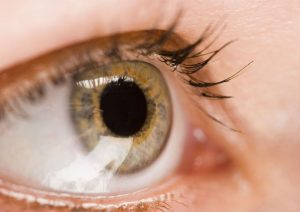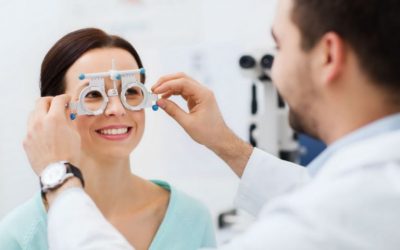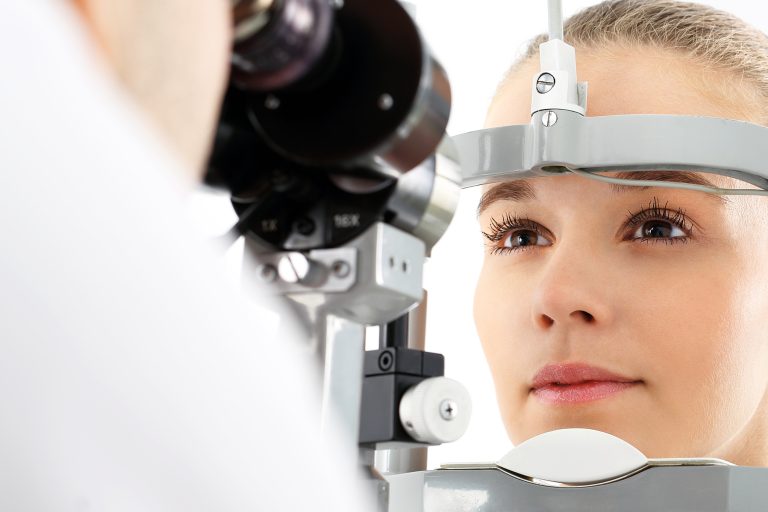As the total solar eclipse of the sun sets to arrive in August 2017, the amount of truths and untruths concerning this phenomenon will continue to rise. There are already a range of legends, superstitions and myths that have been created. Some cultures around the world regard any eclipse of the sun as bad news. The only safe news that can be guaranteed is that without eclipse eye protection, your eyes may be damaged partially or long-term, if you stare directly at the sun.
Why Were the Stories Made Up?
The myths and legends were probably made up because people could not explain what was happening, because it must have been quite worrying when the sun vanished from the sky, even if only temporarily.
In modern times, there are still cultures that believe that expectant mothers and young children should stay inside while a solar eclipse is occurring. Knowledge will tell you that eclipse eye protection will probably be sufficient to save these people becoming injured, but cultures and beliefs go back a long way in history.
For every worry about solar eclipses, there are often many good examples of people’s beliefs. In parts of Italy, some believe that flowers will be more colorful and brighter if they were planted during the solar eclipse, compared to any other time or season of the year.
Nevertheless, this doesn’t stop some individuals in India believing they should fast when a solar eclipse passes by. They are not worried about damage to their eyes and needing to purchase eclipse eye protection to observe the partial or total eclipse. They are more worried that the eclipse will cause their food to become contaminated and particularly poisonous.
The Ancient Greeks Are Sure to Have a Point of View on The Subject
They believed that the gods were becoming very angry when a solar eclipse was seen. They further understood that this could be the beginning of major disasters and further devastation. Whether they had sufficient access to eclipse eye protection is unknown because the myths and legends may have come about because so many people had damage to their eyes after the eclipse.
The Scientists Point of View
Should you choose to tour the Internet and understand more about partial and total eclipses of the sun, you will find that both astronomers and most scientists will refute all arguments about whether any of these myths or legends are in fact, true. There will clarify that there has never been any scientific evidence to prove that humans could possibly change their traditions and conduct, environment and well-being, before, during or after an eclipse. Nevertheless, 100% of experts will suggest that eye protection is essential if you are to guard your eyes when you watch the next solar eclipse.







